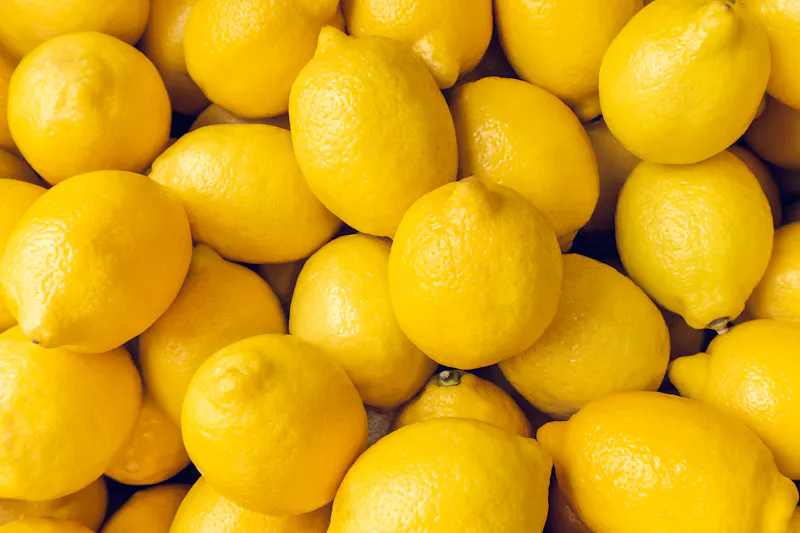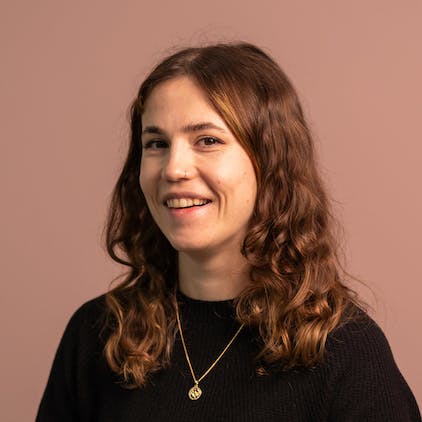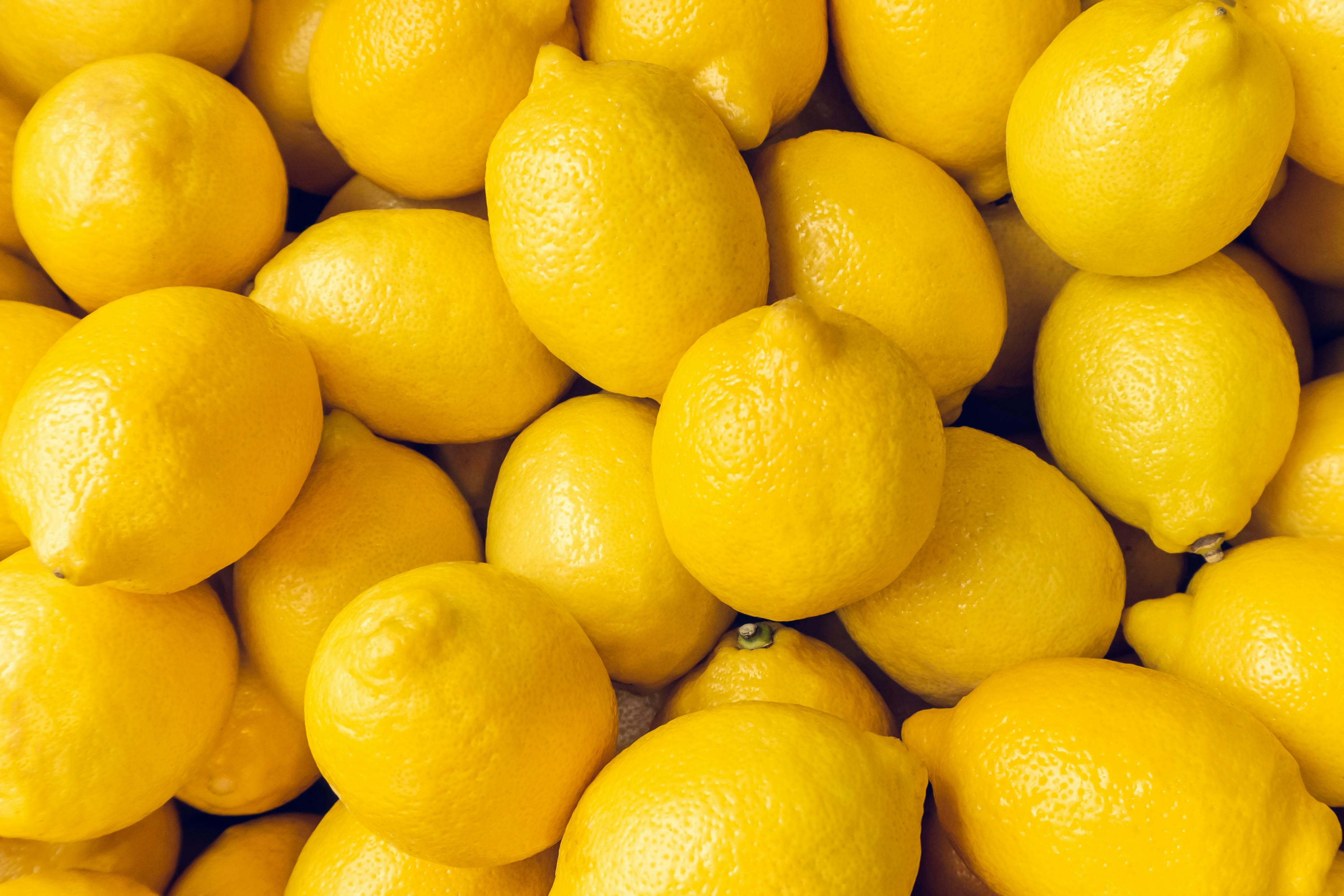What are normal iron levels?
What's covered?



Your body needs iron to function properly — a lack of iron can lead to iron-deficiency anaemia. Many things affect how much iron you need in your diet, like whether you eat meat or have periods. The good news is you can make sure you have healthy iron levels by maintaining a balanced diet.
What are low iron levels?
Iron helps you have energy, healthy skin and nails, and fight off infections.
Low iron levels can lead to iron-deficiency anaemia, which can cause tiredness, heart palpitations, and shortness of breath.
How much iron is too much?
It’s possible to have too much iron in your body. But you’re unlikely to overdose on iron because of eating iron-rich foods — it’s usually caused by eating too many iron supplements. Iron overdoses typically happen to children, so it’s essential to keep supplements out of their reach.
Haemochromatosis is when your body absorbs and stores too much iron from your diet. It’s a genetic disorder, which means it’s something you inherit.
How much iron do you need?
Women between 19 and 50 should have 14.8 milligrams of iron a day, and men the same age should have 8.7 milligrams. If you’re a woman under 50, you should aim to eat more because you lose iron through having periods. Everyone over 50 should have 8.7 milligrams.
You should be able to maintain healthy iron levels just by eating iron-rich foods. 2 milligrams of iron are roughly 100 grams of chickpeas or kidney beans, for example.
When do you need more iron?
Getting enough iron is even more important if you’re vegetarian or vegan. Your body absorbs iron found in meat (heme iron) more easily than iron from non-meat foods (non-heme iron).
If you have a plant-based diet, it’s a good idea to eat fruit, vegetables, and pulses rich in iron and vitamin C.
If you have periods, it’s essential to eat iron-rich foods — especially if your periods are heavy. That’s because you lose iron through blood loss.
Do pregnant women need more iron?
If you’re pregnant, you might need to include more iron in your diet to maintain a healthy immune system. You should aim to eat a variety of iron- and folate-rich foods, including:
- red meat — like beef, lamb, and pork
- pulses and legumes — like beans, peas, and lentils
- dark green vegetables — like spinach, kale, and broccoli nuts and seeds

What foods help you absorb iron?
Vitamin C can help your body absorb iron. It’s especially helpful if you get most of your iron from plant-based foods (non-heme iron).
You can help increase your iron levels by eating food rich in vitamin C, like:
- broccoli
- citrus fruits — like oranges and lemons
- peppers
- kiwis — particularly gold kiwi fruit
Eating vitamin C rich food at mealtimes can help you absorb the iron in that meal. You could drink a glass of orange juice or have a side salad.
What foods stop you from absorbing iron?
The amount of iron you absorb is affected by the balance of iron enhancers and iron inhibitors in your food or drink.
Some foods and drinks that can stop your body from absorbing iron are:
- coffee
- tea
- dairy products — like cow’s milk and cheese
- red wine
If you think you’re not getting enough iron, try to avoid or cut down on these — particularly during meal times.
Other foods are good sources of iron but contain iron inhibitors, like:
- bran
- grains
- beans
- spinach
You can eat them with iron enhancers, like vitamin C (found in fruits and vegetables), to help offset their effects.
Adams, P. C., & Barton, J. C. (2007). Haemochromatosis. The Lancet, 370(9602), 1855-1860.
British Dietetic Association (2018). Iron: A practical guide for dietitians. Retrieved February 1 2022 from https://www.bda.uk.com/uploads/assets/bb472090-b7d3-447e-9e0b454b269e4706/Practical-guide-other-sources-of-IRON.pdf
British Dietetic Association (2021). Healthy Eating: Food Fact Sheet. Retrieved January 31 2022 from https://www.bda.uk.com/resource/healthy-eating.html.
British Dietetic Association (2021). Iron: Food Fact Sheet. Retrieved January 31 2022 from https://www.bda.uk.com/resource/iron-rich-foods-iron-deficiency.html.
Daram, S. R., & Hayashi, P. H. (2005). Acute liver failure due to iron overdose in an adult. Southern medical journal, 98(2), 241-245.
Dasa, F., & Abera, T. (2018). Factors affecting iron absorption and mitigation mechanisms: A review. International Journal of Agricultural Science and Food Technology, 4(2), 024-030.
Das, P., Raghuramulu, N., & Rao, K. C. (2005). Determination of in vitro availability of iron from common foods. Journal of human Ecology, 18(1), 13-20.
Hurrell, R., & Egli, I. (2010). Iron bioavailability and dietary reference values. The American journal of clinical nutrition, 91(5), 1461S-1467S.
Hurrell, R. F. (1997). Preventing iron deficiency through food fortification. Nutrition Reviews, 55(6), 210-222.
Kruger, J., Mongwaketse, T., Faber, M., Van der Hoeven, M., & Smuts, C. M. (2015). Potential contribution of African green leafy vegetables and maize porridge composite meals to iron and zinc nutrition. Nutrition, 31(9), 1117-1123.
Lunn, J. C., Kuhnle, G., Mai, V., Frankenfeld, C., Shuker, D. E. G., Glen, R. C., ... & Bingham, S. A. (2007). The effect of haem in red and processed meat on the endogenous formation of N-nitroso compounds in the upper gastrointestinal tract. Carcinogenesis, 28(3), 685-690.
Mann, K. V., Picciotti, M. A., Spevack, T. A., & Durbin, D. R. (1989). Management of acute iron overdose. Clinical pharmacy, 8(6), 428-440.
Moustarah, F., & Mohiuddin, S. S. (2019). Dietary iron.
National Institute of Health (2018). Office of dietary supplements. Iron: Fact sheet for health professionals. Retrieved 31 January 2022 from https://ods.od.nih.gov/factsheets/Iron-HealthProfessional/.
Navas-Carretero, S., Pérez-Granados, A. M., Sarriá, B., Carbajal, A., Pedrosa, M. M., Roe, M. A., ... & Vaquero, M. P. (2008). Oily fish increases iron bioavailability of a phytate rich meal in young iron deficient women. Journal of the American College of Nutrition, 27(1), 96-101.
Skolmowska, D., & Głąbska, D. (2019). Analysis of heme and non-heme iron intake and iron dietary sources in adolescent menstruating females in a national polish sample. Nutrients, 11(5), 1049.
Tenenbein, M., Littman, C., & Stimpson, R. E. (1990). Gastrointestinal pathology in adult iron overdose. Journal of Toxicology: Clinical Toxicology, 28(3), 311-320.
Van Bokhoven, M. A., van Deursen, C. T. B., & Swinkels, D. W. (2011). Diagnosis and management of hereditary haemochromatosis. BMj, 342.